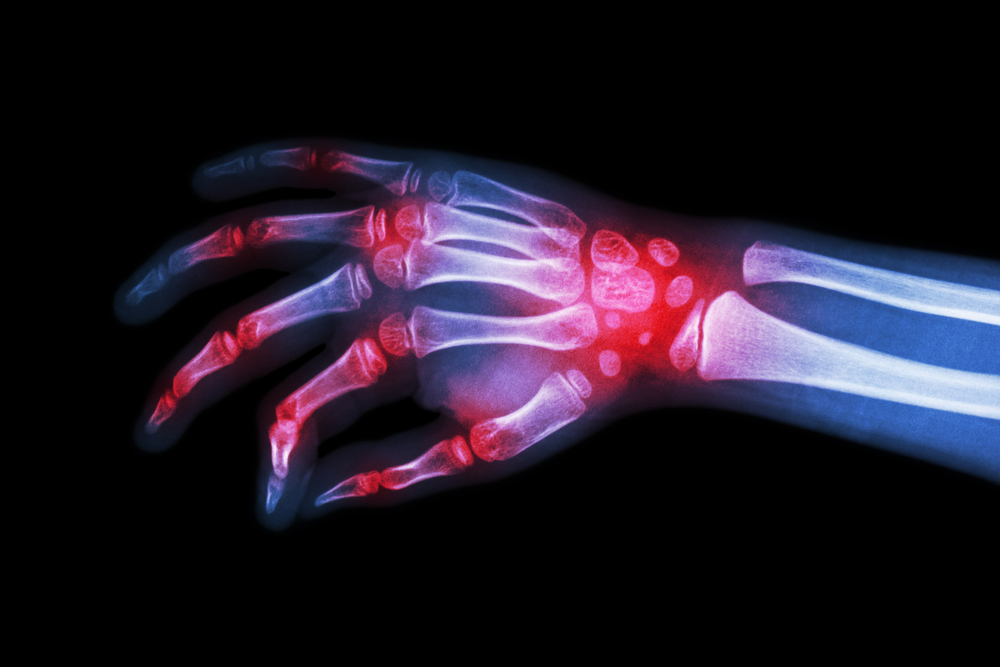
Did you read Michael Crichton’s The?Andromeda Strain? How about Richard Preston’s non-fiction version The Hot Zone? They are both fantastic and terrifying reads of the things comes about when infection and disease spread like wildfire because we lack cure. Look at the flu pandemic of 1918. Stanford University explains, “The influenza pandemic of 1918-1919 killed lots more people versus the Great War, known today as The first world war (WWI), at approximately 20 and 40 million people. It’s been cited as being the most devastating epidemic in recorded world history. A lot more people died of influenza in an year when compared to four-years on the Black Death Bubonic Plague from 1347 to 1351. Known as “Spanish Flu” or “La Grippe” the influenza of 1918-1919 became a global disaster.”
So, we might probably expect that sort of pandemic back then, right? Because we’ve come to date with science and medicine that people really should be past those things now, right? Think again, folks. This isn’t a fear-mongering post, simply so you are aware of. Rather, it’s something have to stay in the rear of your thoughts because even the Centers for Disease Control and Prevention (CDC) is worried with this very real threat of antibiotic resistance. Already MRSA, e. Coli, Ebola, among others you haven’t read about, have proven proofed against antibiotics.
Remember when antibacterial soap was only something you bought at the doctor’s office? Next thing young children and can, everyone on the local grocer to soap and lotion retailers were selling it like candy. Guess what happens happened next: the minimal bacteria on our hands which had been protected from antibiotics began growing?exponentially. “In such a circumstance with a broad enough scale, it can essentially render that chemical useless up against the strain of bacteria,” says Smithsonian Magazine.
The CDC provides more reasons, including?widespread overuse of antibiotics and incorrect prescribing practices. As well as creating drug resistance, it is said the practices lead to unnecessary unwanted side effects like hypersensitivity and diarrheal infections. And were you aware that these tips may result in death? The overuse of antibiotics inside our cleaning products and medicines has gravely serious consequences. Not just in a person, nevertheless may affect the full globe.
And allow us to bear in mind the effective use of antibiotics in animal agriculture. In accordance with a 2010 US Fda standards report, 80% of antibiotic easily use in the nation would go to farm animals. Eighty percent! What’s the best deal, you may well ask. Because study shows that “resistant bacteria and resistance genes may be traced with the chickens towards chicken meat in home improvement stores and, finally, to blood cultures in patients [emphasis added] (The “farm to fork” phenomenon).”
If you’re the patient, the CDC is designed with a variety of tips for increasing the efficacy of ones own antibiotics. They suggest this particular:
- Ask if tests will be done to make sure the appropriate antibiotic is prescribed.
- Take antibiotics exactly as a chiropractor prescribes. Really don’t skip doses. Complete the prescribed practice, if you start feeling better.
- Only take antibiotics prescribed for you; don’t share or use leftover antibiotics. Antibiotics treat specific kinds of infections. Making the wrong medicine may delay correct treatment and permit bacteria to multiply.
- Do not save antibiotics for the next illness. Discard any leftover medication the moment the prescribed practice is completed.
- Do not require antibiotics once your doctor thinks you don’t need them. Remember antibiotics have unwanted side effects.
- Prevent infections by practicing good hand hygiene and obtaining recommended vaccines.
Understanding Bacteria
Remember that any of us live in a world loaded with bacteria. It’s everywhere, including outside and inside people, in addition to everywhere you peer. Yes, it is both negative and positive forms. Millions of bacteria are typical around us. Were you aware there can be more bacterial cells in the body than you will find human cells?
They are absolutely good at sharing genes amongst each other. Take, for instance, bacteria that will be resistant to penicillin. They have genes that are resistant to penicillin. From a fellow bacteria dies, they might grab genes from them. This is often very distinct from humans. We keep genes were born with and don’t be able to grab or discard them. So, what does that mean for bacteria? The actual bacteria that selected genes from the dead bacteria which enables it to now do things it couldn’t do before it grabbed those free-floating genes. Which is what gives rise to bacteria that become resistant against antibiotics.
Stay Informed & Be Aware
If this seems unclear, check out a great explanation from Dr. Karl Klose in a very brief TED talk. He will be an energetic speaker who uses normal speech to communicate the complexities of bacteria. Dr. Klose also cautions against how easily you can easliy find ourselves in the pre-antibiotic era.
This will not be whatever should drive that you reside in a constant state of fear that any zombie apocalypse could bust out at at any time. The truth is, the CDC has resources for so. So, let’s just leave that stress on the them and also their researchers. Through-out us, here’s the formula:
- Stay informed
- Wash both your hands often with plain soap and water
- Avoid animal products helped by antibiotics
- Follow the CDC’s strategies in terms of preventing antibiotic resistance













